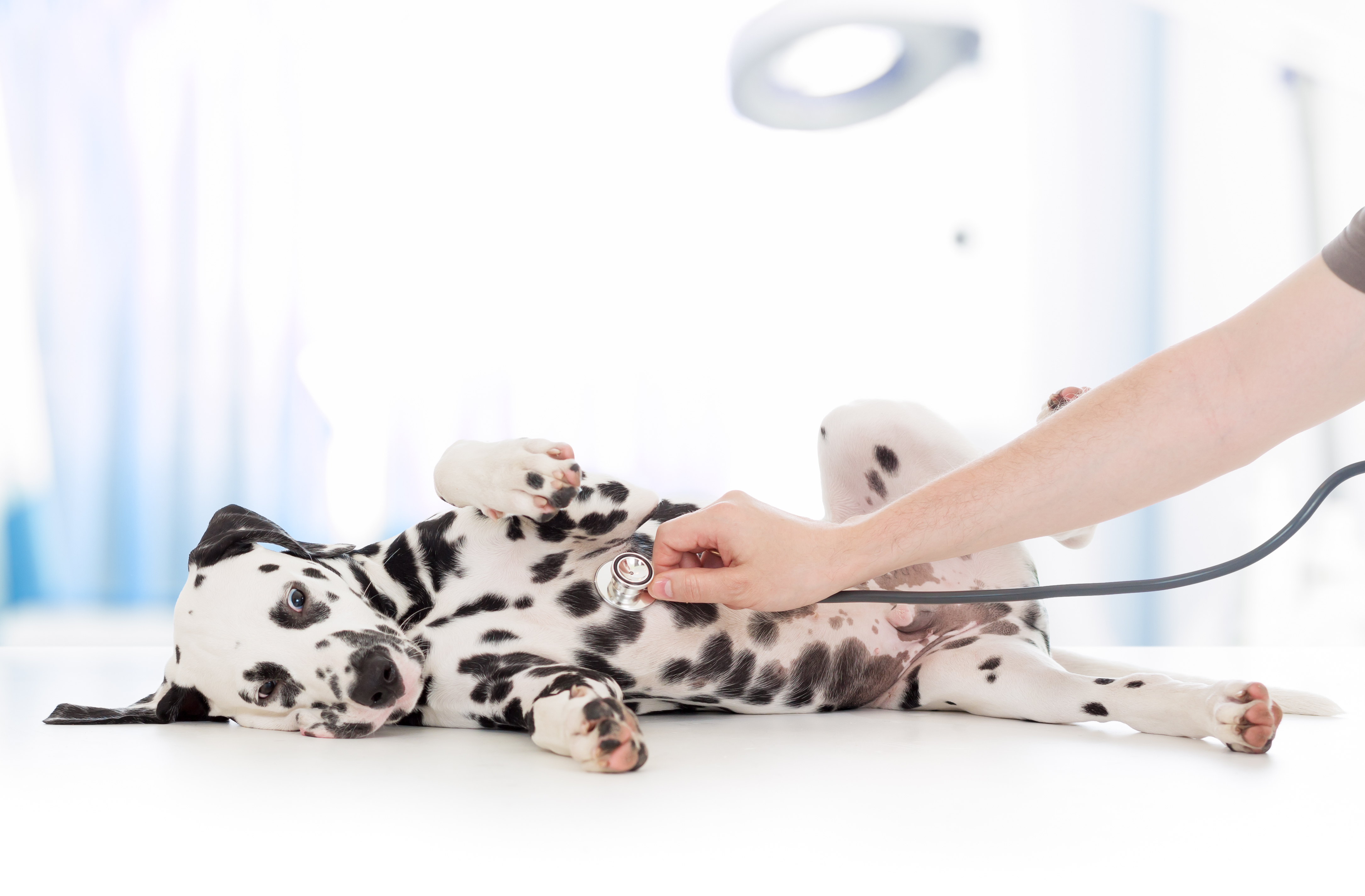The grain-free trends today

Many people are trying gluten- or grain-free diets as a way of potentially improving their own health and well-being. So it is not surprising to see gluten- and grain-free pet foods are growing in popularity too, as humanising pet owners also consider the potential benefits of these diets for their animals.
A global trend
Grain-free pet food has taken 44% of the North American pet food market, and 15% in the UK. Demand in Asia-Pacific is growing and we can expect it to be the fastest-growing region, due to an increasing number of pets and growing awareness of allergies and pet nutrition.
Sensitivity to gluten
The reality is that only a small percentage of humans have celiac disease necessitating a gluten-free diet. According to Purina, less than 1% of dogs have an actual sensitivity to grain, typically associated with a rare inherited disease only seen in a small number of breeds. So, for most, this is a lifestyle choice.
The initial concern about gluten in dog foods is thought to have been triggered by the much publicised 2007 recall of melanin-tainted Chinese wheat gluten dog kibble. Additionally, in 2018, the US Food and Drink Administration (FDA) started investigating a link between canine dilated cardiomyopathy (DCM) and certain grain-free foods, after reported cases spiked from less than five a year to 320 in 2018. Of the total 560 dogs now reported to have developed the condition there were 119 deaths but, with approximately 77 million dogs in the US, this appears to be a relatively minor issue. Currently, there is still no definitive link and therefore opinion is divided.
Mixed views
Uncertainty remains, however some believe that certain large or giant breeds are genetically predisposed to DCM, but the FDA says it has been reported in a ‘wide range’ of breeds, ages and weights.
On the one hand, the British Veterinary Association (BVA) states that: “This is a complex scientific issue that may involve multiple factors, though the overarching link appears to be grain-free diets.” On the other hand, the UK Food Service stated: “We are not currently aware of similar concerns with feeding animals grain-free pet food in the UK.”
Vet knows best
So, while investigations continue, the best advice seems to come from the BVA to “talk to a vet for advice on a healthy, nutritionally-balanced diet that is tailored to the animal’s life stage, breed, specific health needs and lifestyle.”